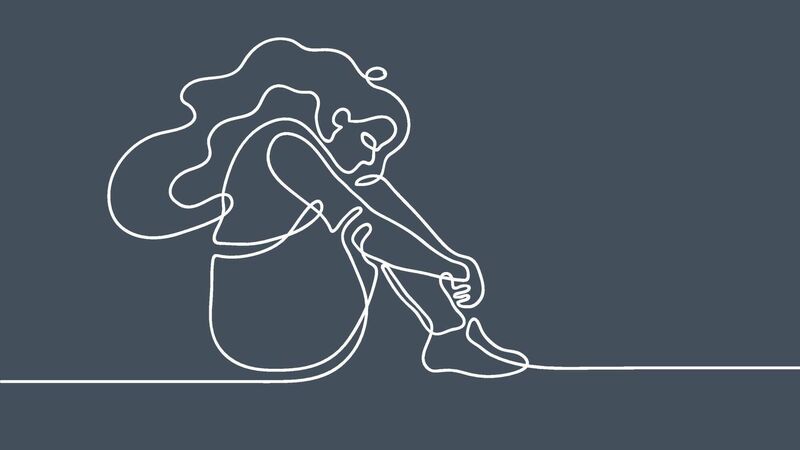Three steps to transform your anxiety into a superpower that will improve your life

Picture: iStock
Dr Wendy Suzuki didn’t think she suffered from anxiety – at least not much. Until she began working on her latest book, Anxiety Is Your Superpower.
“I learned I’ve a lot more anxiety than I’d like to admit. I discovered I like to hide it from myself and everybody else,” she says on the phone from New York.








